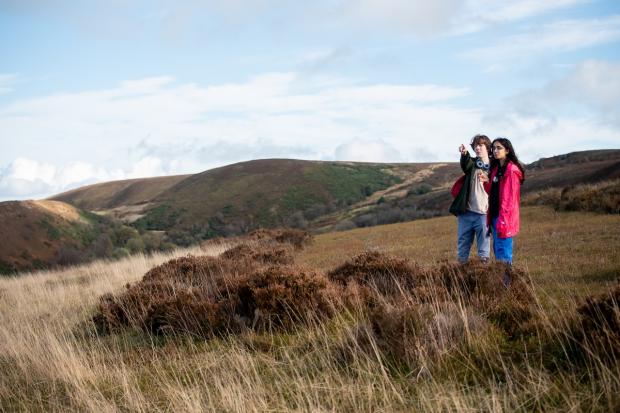A Transformative Journey into Nature
A Cumbrian environmental education charity has made a significant impact by helping nearly 4,000 young people explore the countryside as part of a £4.5 million project. The Field Studies Council (FSC) played a key role in delivering the 12-month long Generation Green 2 initiative. This project aimed to provide disadvantaged young people with opportunities to visit national parks, national landscapes, and sites of special scientific interest.
The initiative, funded through taxpayer money via the Department for Environment, Food and Rural Affairs (Defra), has enabled a total of 26,663 young people to spend time outdoors. This effort highlights the growing recognition of the importance of connecting young people with nature.
Learning Fieldwork Skills with the Field Studies Council
Mark Castle, chief executive of the Field Studies Council, emphasized the positive impact of high-quality outdoor learning on young people’s lives. He noted that for many, this was a new experience, and for some, it could be life-changing. The FSC is proud to have contributed to such meaningful experiences.
During the project, participants showed improvements in mental health, confidence, and a renewed love for learning. Taking learning outside the classroom helped subjects come alive, giving students a sense of joy and freedom. The project also highlighted the need for more outdoor learning opportunities, ensuring every child can access these valuable experiences.
Expanding Outdoor Learning Opportunities
The FSC welcomed nearly 4,000 young people to its field centres, including Castle Head in Grange and Blencathra near Keswick, as well as locations across Buckinghamshire, Suffolk, Devon, Somerset, Surrey, and Shropshire. The charity provided both day and overnight visits for participants aged seven to 18, many of whom were visiting the countryside for the first time.
Activities included environmental art, guided meditation, and stargazing, alongside curriculum-based learning. These experiences helped students connect with nature beyond the classroom. Tutors observed improved teamwork and confidence among participants. One schoolteacher shared, “They blossomed – many with difficult home lives found joy in just playing outside.”
Collaborating for a Common Goal
Generation Green 2 was delivered by the Access Unlimited coalition, which includes YHA (England & Wales) as project lead, alongside the FSC, The Outward Bound Trust, Scouts, Girlguiding, nine English National Parks, and the National Landscapes Association. James Blake, chair of Access Unlimited and chief executive of YHA (England & Wales), stressed the importance of equity and opportunity. He noted that while the project was about fun and fresh air, it was also about giving every young person the chance to thrive and care for the world around them.
However, further funding is needed to sustain the momentum of such initiatives. The Generation Green 2 Celebration Report comes at a time when concerns are growing about the deprioritisation of outdoor learning in schools. Research from The Sutton Trust shows that 53 per cent of senior school leaders have diverted Pupil Premium funding away from outdoor learning to cover core budget shortfalls.
Continuing the Legacy of Outdoor Learning
The FSC, which has promoted outdoor learning for over 80 years, continues to run programmes like its Grants for Schools scheme. Many Generation Green 2 sessions took place at FSC centres located in or near National Parks and Areas of Outstanding Natural Beauty.
Castle Head, a Georgian house set in 20 hectares of grounds between Morecambe Bay and the Lake District, and Blencathra, located on the south-facing slopes of its namesake mountain near Threlkeld, were among the key sites used. Both centres offer access to coastlines, lakes, and upland landscapes, providing a rich environment for learning and exploration.







